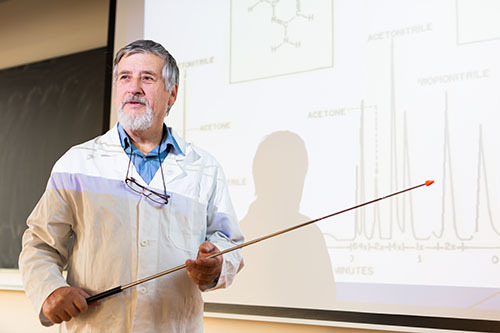
In the profit-above-all-world of digitization and automation, אתיקה ואופי המקצועיות נראות נדון ותחת התקפה מכל הכיוונים. האם הרובוטים החדשים בשכונה מספקים את אותה מומחיות אינטליגנציות מרובות שאנו מצפים מומחי אדם? What can be done to preserve and strengthen the quality of our professions?
היום בחלק 2 of our three-part blog mini-series, In Search of אתיקה מקצועית, Professor Howard Gardner will discuss this important topic and how, בפרט, education as a profession is being affected by our rapidly changing world.
Howard Gardner has received numerous honors throughout his lifetime, including a MacArthur prize fellowship. He has honorary degrees from many universities, and has been named one of the 100 most influential intellectuals by Foreign Policy and Prospects magazine for his work in the study and exploration of the theory of multiple intelligences. He directs The GoodWork™ Project, a large scale effort to identify individuals and institutions that exemplify good work.
הווארד, how do you view the professional status of educators?
Some sectors of education are clearly professional, לדוגמא, professors (and I am one of them) have higher degrees and receive various kinds of protection in return for the services that they provide. In principle, we professors can also be removed from our positions if we violate the tenets of the academy, לדוגמא, publishing work that has been plagiarized or systematically penalizing students who disagreed with us.
Teachers and administrators in the K-12 sector have the status of professionals in many countries; but it is no secret that many teachers in the public sector in the United States are not treated as professionals and there are powerful pressures nowadays, both economic and political, to de-professionalize K-12 education. These pressures range from efforts to destroy teachers’ unions to the manufacturing of curricula, online and offline, that are deemed ‘teacher-proof’.
So whether or not educators are thinking explicitly about whether they are engaged in a recognized profession, we should be and we should try to raise consciousness about a teaching corps that is highly professionalized.
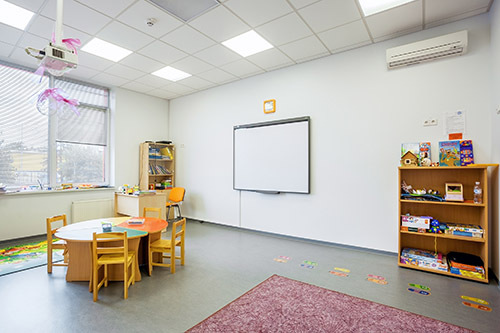
What are the key aspects of professional ethics for educators?
At the core of each profession is a set of values. In the case of education, the values include knowing one’s subject and keeping up with new knowledge; understanding the population(של) with which one is working; passing on the knowledge and values that are central to the community; preparing young people for a future that cannot be fully anticipated; ו, most important, treating all students fairly and with dignity.
But what about the issues that current trends in learning present for the education profession?
אף אחד “valuable” values I’ve previously mentioned can or should be scrapped. אבל באותו זמן, it is imperative that educators realize that many forms of knowledge can be presented digitally and we should welcome the many powerful technological advances of recent decades.
ואכן, I’d like to replace the word ‘education’ with the phrase ‘life-long learning.’ While complexifying our profession, this move both underscores its importance. No longer is education an occupation that solely serves young people from 5 ל 20; לא, it is lifelong, starting at birth and continuing so long as the learner is willing and able. באופן אידיאלי, בעתיד, we should think of the range of workers in education, from preschool preceptors to graduate level professor, as members of the same profession.
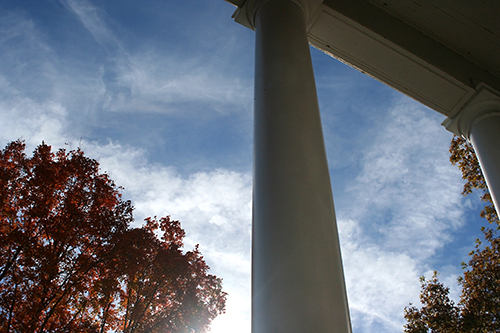
How important is the compensation factor in the issues facing the K – 12 מקצוע ההוראה?
I certainly believe that all professionals, whether teacher, ministers, עורכי דין, מהנדס, או המנהלים, should have a decent living. Society owes that to its valued workers.
And for those who say we can’t afford to pay teachers a decent wage, I ask them to consider how much money we spend on national defense each year and the size of salaries and bonuses that are paid each year to the many thousands who work on Wall Street.
Though criticisms of Teach for America have some validity, I’ve been a fan of that organization and others like it. We need to attract talented young college graduates to the profession of education and TFA has succeeded in this respect. But if we want to keep talented teaching novices in the profession, and help them become seasoned professionals, then we need both a viable career path ו a salary scale that allows teachers to lead a decent middle class life. We know that this can be done because it is being done in countries as different from one another as Finland, פולין, and Singapore.
In the United States today, we are making a fundamental error, indeed a fatal error, by evaluating individuals by the amount of money that they make. This is the biggest change in American society over the last half century: באמצע המאה ה -20, professionals were comfortable but did not expect to live like millionaires. That situation has changed fundamentally and is the single biggest threat to a society that wants, אכן, that needs, to have cohorts of competent professionals. It’s a reason that I do not favor for-profit educational systems. Once the principal, if not the only, purpose of education becomes the achievement of profit, then the other values are ultimately undermined.
How are compensation issues affecting higher education?
Though less in the public eye than K-12 education, our colleges and universities are also posing big threats to the education profession. More and more teaching is done by adjuncts, who move from one campus to another each day and who barely eke out a living. These individuals – who work so hard and get neither adequate compensation nor reasonable respect, have great difficulty in behaving like professionals, even if they aspire to do so.
On the other end of the spectrum, those fortunate enough to hold tenured positions in elite institutions often direct their primary allegiance to their discipline and their disciplinary colleagues scattered around the world, and not to their students or to the particular institutions in which they work. And some of them chase money as much as do their peers in law or medicine. I especially deplore the huge salaries paid to presidents, athletic coaches, and those who manage the endowments. Though technically working at non-profit institutions, these individuals are as market-driven as those who work in the for-profit world.
It has taken centuries for the United States to develop a set of colleges and universities that have justifiably been admired all over the world. And it would indeed be tragic if these institutions were to be undermined by de-professionalization of faculty and others in leadership positions.
And so there is much to be done if we want to establish and maintain a genuine profession of education, or indeed a family of professions.
In Howard’s final blog in this series, he will share his recommended steps on becoming ethical professionals.
(All Photos are courtesy of Shutterstock and CMRubinWorld)
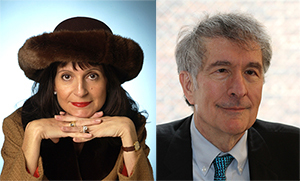

הצטרף אליי ולמנהיגי מחשבה מוכרת בעולם כולל סר מייקל ברבר (בריטניה), DR. מיכאל בלוק (ארה"ב), DR. ליאון בוטשטיין (ארה"ב), פרופסור קליי כריסטנסן (ארה"ב), DR. לינדה דרלינג-Hammond (ארה"ב), DR. MadhavChavan (הודו), פרופ 'מיכאל Fullan (קנדה), פרופ 'הווארד גרדנר (ארה"ב), פרופ 'אנדי הארגריבס (ארה"ב), פרופ 'איבון הלמן (הולנד), פרופ 'קריסטין Helstad (נורווגיה), ז'אן הנדריקסון (ארה"ב), פרופ 'רוז Hipkins (ניו זילנד), פרופ 'קורנליה הוגלנד (קנדה), הכבוד ג'ף ג'ונסון (קנדה), גברת. שנטל קאופמן (בלגיה), DR. EijaKauppinen (פינלנד), מזכיר המדינה TapioKosunen (פינלנד), פרופ 'דומיניק לפונטיין (בלגיה), פרופ 'יו לאודר (בריטניה), לורד קן מקדונלד (בריטניה), פרופ 'ג'ף מאסטרס (אוסטרליה), פרופ 'בארי McGaw (אוסטרליה), שיב נדאר (הודו), פרופ 'R. נטריגין (הודו), DR. PAK NG (סינגפור), DR. דניז אפיפיור (ארה"ב), שרידהר ךאג'גופלן (הודו), DR. דיאן ראוויטש (ארה"ב), ריצ'רד וילסון ריילי (ארה"ב), סר קן רובינסון (בריטניה), פרופ Pasi Sahlberg (פינלנד), פרופ Manabu סאטו (יפן), אנדריאס שלייכר (PISA, OECD), DR. אנתוני סלדון (בריטניה), DR. דוד שפר (ארה"ב), DR. קירסטן Immersive Are (נורווגיה), קנצלר סטיבן ספאן (ארה"ב), איב Theze (LyceeFrancais ארה"ב), פרופ 'צ'רלס Ungerleider (קנדה), פרופ 'טוני וגנר (ארה"ב), סר דייוויד ווטסון (בריטניה), פרופסור דילן Wiliam (בריטניה), DR. מארק Wormald (בריטניה), פרופ 'תיאו Wubbels (הולנד), פרופ 'מייקל יאנג (בריטניה), ופרופ 'Minxuan ג'אנג (סין) כפי שהם לחקור שאלות חינוך תמונה הגדולות שכל המדינות מתמודדות היום.
גלובל החיפוש לחינוך עמוד קהילה
C. M. רובין הוא המחבר שתי סדרות מקוונות רבים קוראות שלהיא קיבלה 2011 הפרס אפטון סינקלר, “גלובל החיפוש לחינוך” ו “איך וויל אנחנו קראו?” היא גם מחברם של שלושה ספרים רבי מכר, כולל אליס בארץ הפלאות Real, הוא המוציא לאור של CMRubinWorld, והוא משבש קרן עמית.
עקוב C. M. רובין בטוויטר: www.twitter.com/@cmrubinworld



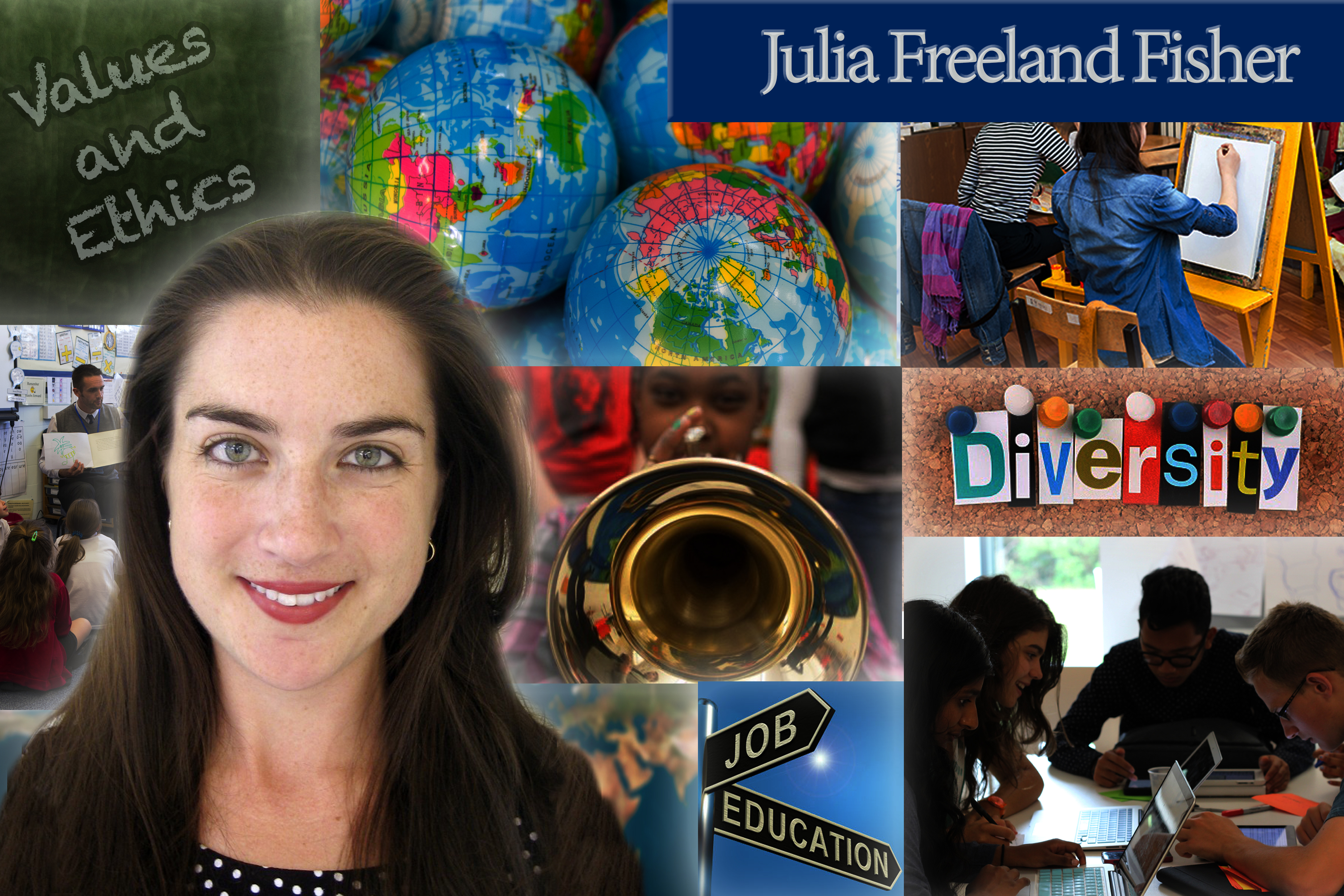
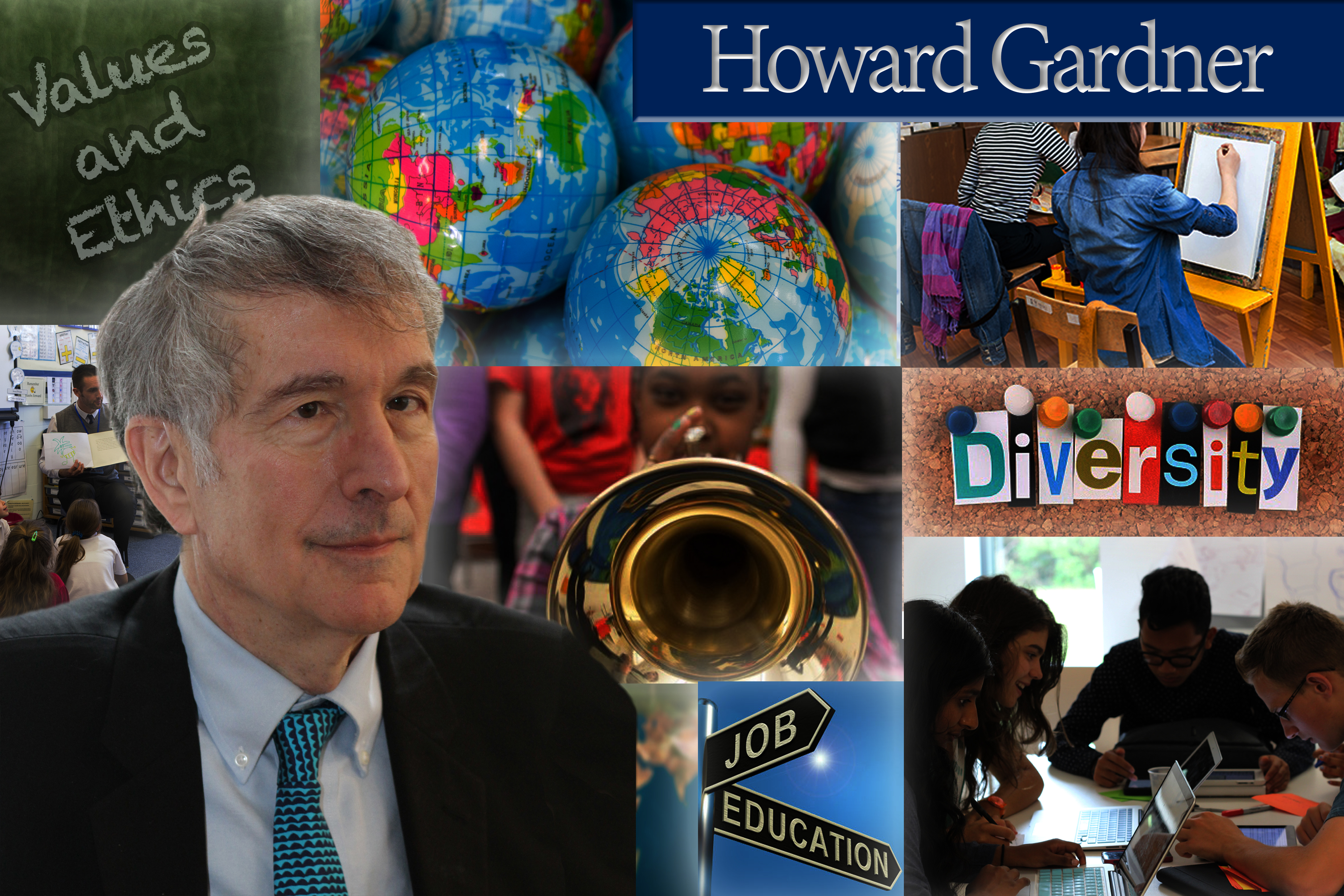
תגובות אחרונות